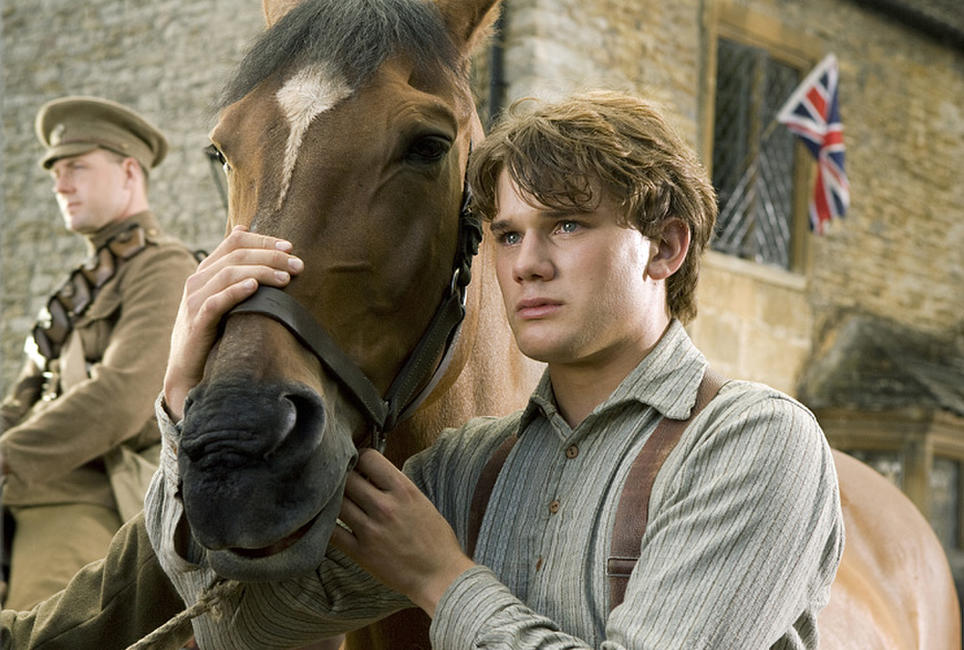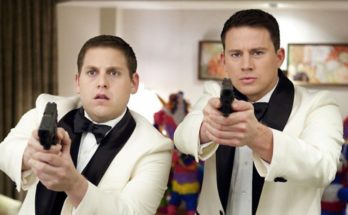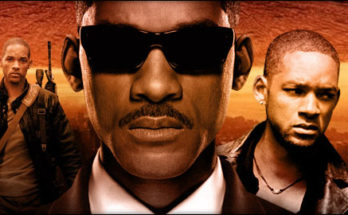The Tale of the Mighty Steed
War Horse must have been a tremendous challenge for director Steven Spielberg, as the film is a balancing act between two of his well-established styles, namely overt sentimentalism and horrific depictions of war. On paper, this sounds like a recipe for disaster. On screen, it comes across beautifully. Don’t ask me how he made it work, because I have absolutely no idea. All I know is, like Spielberg’s own E.T. the Extra-Terrestrial, this is one of those rare films that can positively and without a hint of facetiousness be described using clichéd terms such as “crowd pleaser” and “tearjerker.” I cannot deny that these are innately manipulative. But then again, that’s sort of how stories are. Besides, we obviously enjoy being manipulated to a degree. If we didn’t, there would be no reason to go to the movies at all.
Based on Michael Morpurgo’s 1982 novel and its 2007 stage adaptation, the film takes place in early twentieth-century Europe, mostly during World War I. It begins, however, in the years just prior. The opening scene sets the tone; in the pastures of Devon, England, a mare gives birth to a colt while a teenage boy named Albert Narracott (Jeremy Irvine) watches from a distance in wonderment. A short time later, Albert’s father, a shellshocked drunk named Ted (Peter Mullan), purchases the colt at auction. He couldn’t really afford it, but his rival bidder was the mean-spirited Lyons (David Thewlis), who just happens to own the farmland Ted and his family have leased. Of course, everyone around Ted thinks he has made a mistake. The horse is spirited and not at all suitable for pulling a plow.
Ted’s wife, Rose (Emily Watson), is also upset by the purchase, fearing it will ruin the family financially. Albert, on the other hand, immediately bonds with the horse, which he names Joey. He becomes convinced that Joey can be trained to work the fields, which will allow his family to plant their crops and earn enough money to pay their rent, which has already been extended. Although there are a few well written scenes showing Joey proving his worth as a farm animal, this is quickly overshadowed by the outbreak of war, at which point Joey is sold to the cavalry. As he’s being led away from the village during an almost jubilant procession, Albert ties his father’s army ribbon to Joey’s reins and tearfully promises him that, come hell or high water, they will find each other again.
And so begins Joey’s extraordinary journey as a war horse, one that will carry through the next four years. He will be shipped to France, promoted as the horse for Captain Nicholls of the British Army (Tom Hiddleston), turned into a corpse transporter for the German Army, aid two young German soldiers (David Kross and Leonard Carow) as they attempt to escape, find his way into the home of a sickly French girl (Celine Buckens) and her overprotective grandfather (Niels Arestrup), and finally be captured by the Germans and forced to pull heavy machinery with dozens of other horses. Even with intense sequences of people being shot and stabbed in the heat of battle, this is singlehandedly the most heartbreaking scene of the entire film. These animals are battered, bloody, and exhausted. A few will collapse and instantly get a bullet in the head, adding to the piles of dead horse bodies littering the sides of the road.
That some of the film is deeply unpleasant, there can be no argument. But you know Spielberg: Even in the darkest times, there’s always a glimmer of hope. And blast it all, isn’t that why we love him so much? That he’s able to see the good in every situation, and that he believes in happy endings? Spielberg is the kind of filmmaker who has steadfastly retained that childlike sense of wonder and optimism, and there’s absolutely nothing wrong with that. In fact, it might even be healthy. Cynical writers and directors have made countless great films, but really, how often do we need to be reminded that life is difficult? I think we’re better off being reminded that, in spite of life’s harshness, the capacity for happiness exists.
On that note, I’m not interested in an argument over how implausible the story is. For a few minutes, I found myself trying to logically analyze a climactic scene in which Joey is freed from a tangled mass of barbed wire; the circumstances, not to mention the opposing ideologies of Joey’s saviors, would make such a thing next to impossible. But then I came to my senses – this is a movie that works on the emotions, not the brain. I wouldn’t have had it any other way. We tend to be a bit caviler with genre labels like buddy film and love story, which is a shame because, in doing so, they eventually lose their power. War Horse is the most profound kind of buddy film and love story, and it makes absolutely no difference that one character is human while the other is not. It’s a celebration of the bonds we make – and hopefully, of the bonds we share for the rest of our lives.



